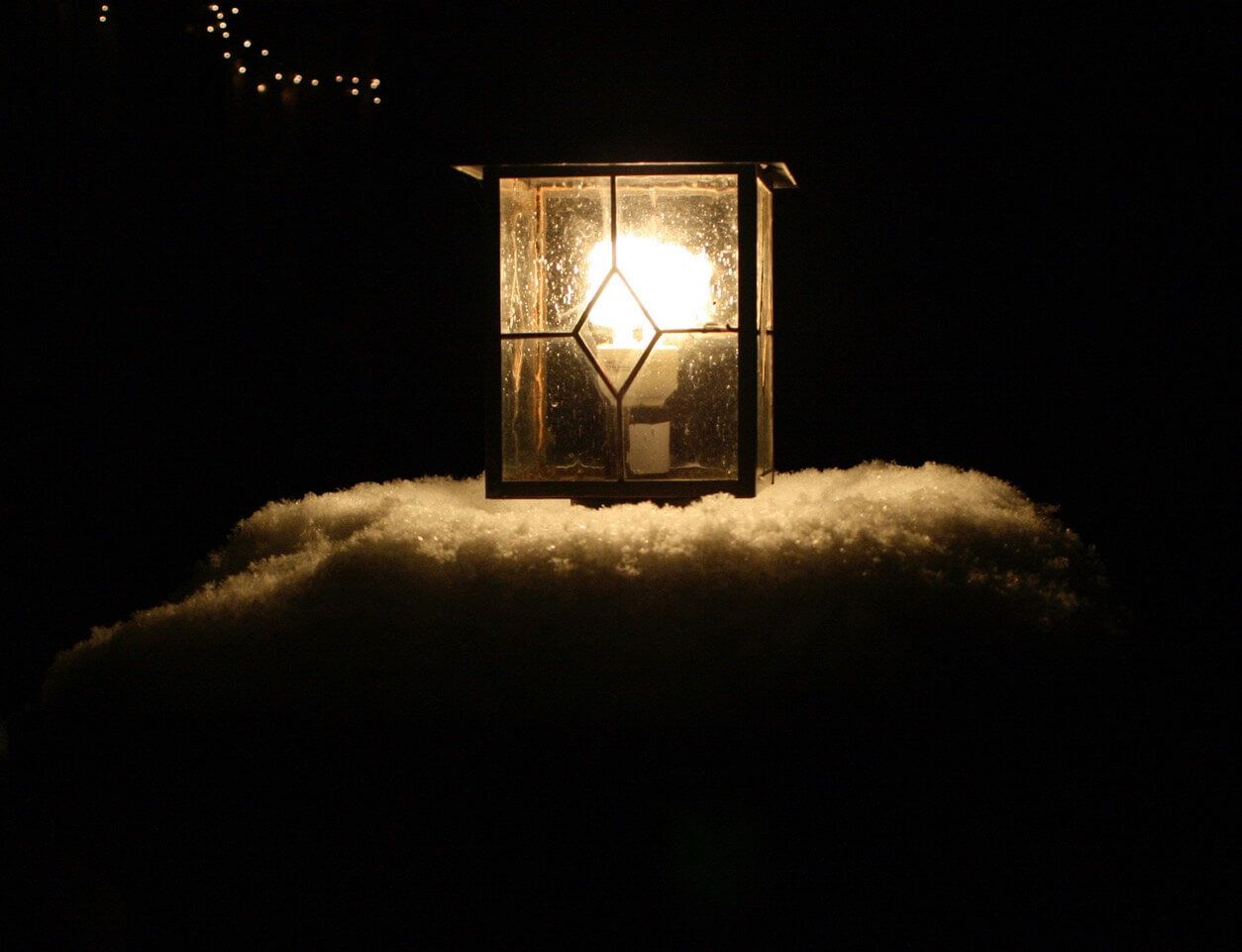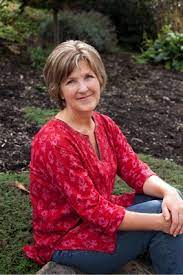Welcome, darkness
Dec 21
/
Lisa Graham McMinn

We are traveling the darkest part of Earth’s journey around the Sun. For a split-second on December 21st the northern hemisphere reaches its furthest tilt point away from the prodigious, immense, life-sustaining star.
We call the day, Winter Solstice. Our longest night. The next second we round the bend to journey back.
Every year we celebrate the birth of Jesus just after our neck of these planetary woods begins the journey back toward the Light. The truth of that rumbles merrily in my bones.
Still, I’m learning to welcome long nights as a December moon lights the path to the goat barn and hen house when we venture into the darkness to close them up. I feed sliced apples to Clara and Sophie, our soon-to-be-mama Nigerian Dwarf goats, under Orion and the Pleiades cluster. Coyotes, owls, occasional frogs are voices I hear in the night—and these days we have a lot of nighttime for listening.
For deep listening. Maybe for the deepest listening to noiseless nudges, to the plumpness of silence itself.
How loud the sounds of light! How soft the sounds of darkness. Long nights bestow the gifts of soft flickering candle flames, bone-warming heat from a wood fire, hot peppermint tea and fleece throws. And sometimes deeper sleep. Long nights offer more time to read, to make music and to make other things borne out of the plentitude of gathering darkness.
If we lived only in light, we would miss what can be experienced only in the dark. In his poem, “To Know the Dark,” Wendell Berry writes:
To go in the dark with a light is to know the light.
To know the dark, go dark. Go without sight,
And find that the dark, too, blooms and sings,
And is traveled by dark feet and dark wings. [1]
What if God meant it all as a gift, casting the seed for a world that would have ever moving parts causing tides to flow in and out, planets to spin, bodies to be born, and to age, and to die. This season of darkness is a precious one-season-a-year kind of gift. It deepens our understanding of what it means to live in a world that includes long nights and short ones. What might come to pass if we learned to go without sight into the dark discovering what blooms, and listening to what sings?
During Advent we wait in travail, as it were, for the Light to be born. Inhabitants of this 2020 Earth wait in a world sorely out of kilter. It is Jam-packed with conflict in ecological, social, economic, and political realms, teeming with our own personal sorrows and the pains of those we love. Besides that, we’re soaked through with a global pandemic reminding us how connected we are. We walk in the darkness hoping to find something blooming, something singing.
Julian of Norwich was born into such a life. She arrived after the 100 Years War between England and France began, and died long before it ended. She also witnessed the decimation of Europe by the bubonic plague, with three outbreaks occurring in her city in her lifetime.
During an illness from which she almost died, she received visions from God. God’s words to her echo throughout history, most famously, “All shall be well, and all shall be well, and all manner of thing shall be well.”[2] Julian said, God did not say you shall not be tormented or troubled or grieved, but that you shall not be overcome. All things being well didn’t depend on a particular outcome.
Julian’s hope leaned on something deeper and other than circumstances. It is a faith that God is in the dark, taking this world somewhere. We are part of an adventure moment-by-moment, held together by Christ and held in the arms of God.
Such hope loosens a kind of gratitude that burbles up and out. It is powerful enough to flow over our circumstances and begin to heal and unstick that which is wounded and stuck. This is not hope in spite of suffering but hope that penetrates through suffering.
Welcoming darkness in these days of Advent allows us to touch a hope that comes from bearing witness to feet and wings (and hands and hearts) moving quietly in the dark. God neither sleeps nor slumbers and is ever moving amongst the shadows, singing the songs of burbling streams and falling snow, moving in our dreams, surely even also in incubating vaccines.
Maybe tonight I’ll don my coat and boots and accept God’s standing invitation to walk into the darkness with wonder and expectation.
Notes:
1 Wendell Berry (1999). “To Know the Dark” from The Selected Poems of Wendell Berry. Counterpoint.
2 See Julian of Norwich, Selections from Revelations of Divine Love. I recommend Mary C. Earle’s annotated version. 2013, Skylight Paths, Woodstock, VT.

Lisa Graham McMinn
Lisa relishes time meandering the woods and tending goats, hens, and gardens. When she’s not outside she's listening to the nudges of God with one of her spiritual directees, or supervisees, reading, writing, or making goat-milk soap. Lisa is a contemplative Quaker who seeks to see each storied life as part of a bigger story—all of them held together by God. She and her husband live on Fern Creek, a small farm a few miles outside of Newberg, Oregon and attend North Valley Friends Meeting in Newberg. More information about her work, blog posts, and contact information can be found at www.LisaGrahamMcMinn.com.
Lisa relishes time meandering the woods and tending goats, hens, and gardens. When she’s not outside she's listening to the nudges of God with one of her spiritual directees, or supervisees, reading, writing, or making goat-milk soap. Lisa is a contemplative Quaker who seeks to see each storied life as part of a bigger story—all of them held together by God. She and her husband live on Fern Creek, a small farm a few miles outside of Newberg, Oregon and attend North Valley Friends Meeting in Newberg. More information about her work, blog posts, and contact information can be found at www.LisaGrahamMcMinn.com.

